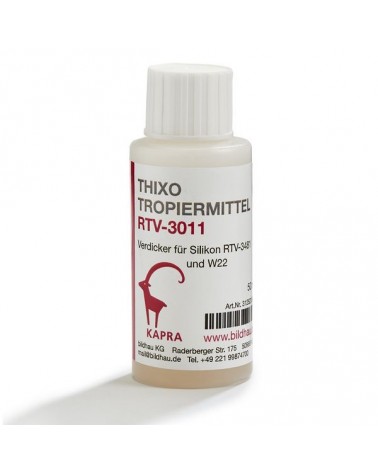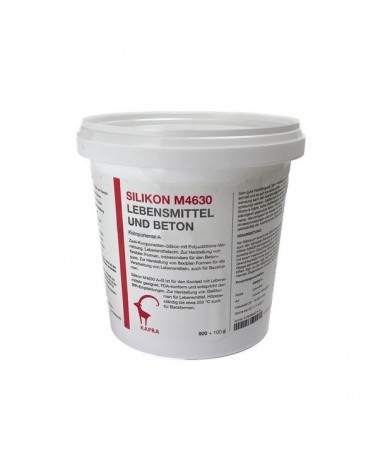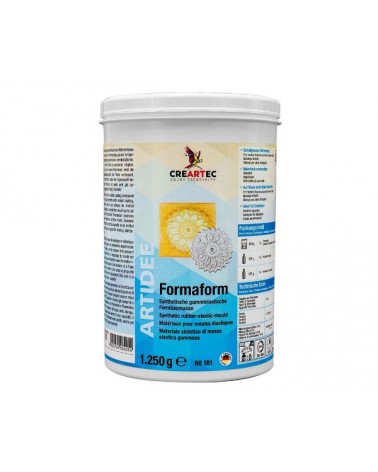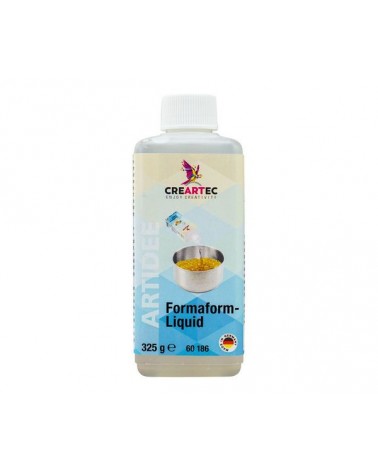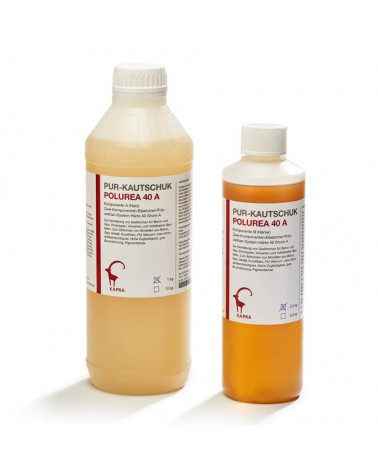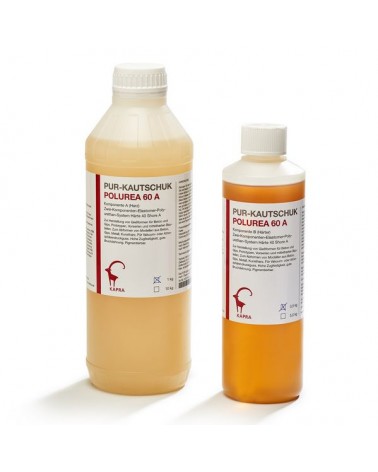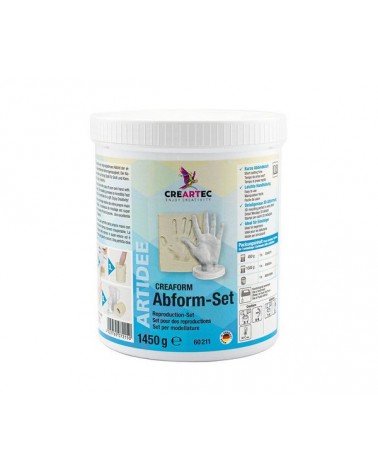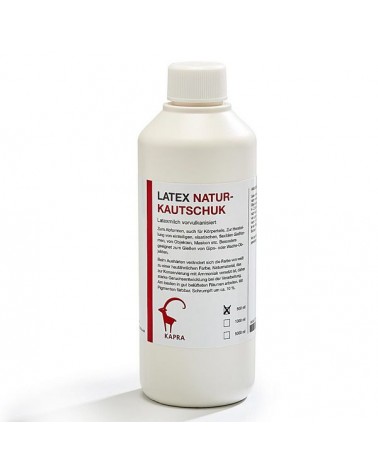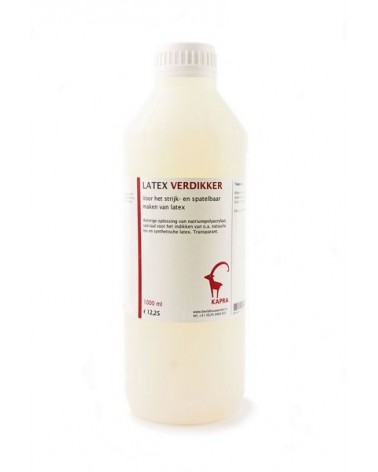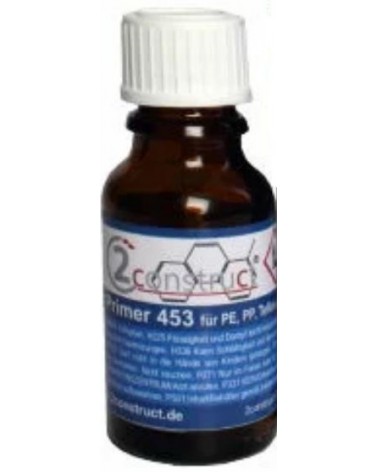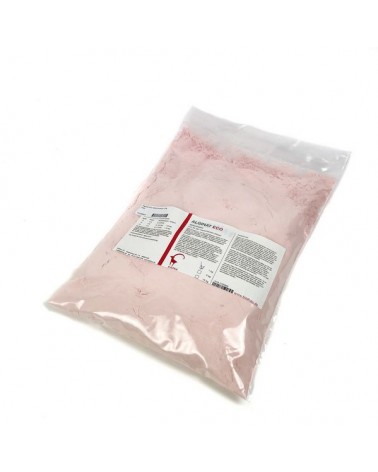We deliver fast - Postage free from 150 € (DE) - 60 days right of return - mail@bildhau.de - Tel.: +49 (0)221-99874700
Moulding with silicone, PUR rubber, latex or alginate
In order to make one or more casts of an object or a body, it is first necessary to produce a casting mould. Various materials with very different properties are available for this.
Rigid, inflexible moulds can, for example, be made from plaster , clay or a synthetic resin . For detailed and undercut objects, fine surface structures or even the human body, we recommend flexible casting moulds. These can be made, for example, with silicone , latex or produce alginate . Firm, but still flexible casting moulds, which are particularly suitable for casting objects made of concrete, plaster or synthetic resin, can be made from polyurethane rubber , e.g. with a Shore hardness of 40 or 60.
Firm but still flexible moulds that are particularly suitable for casting objects made of concrete, plaster or synthetic resin can be made from polyurethane rubber.
--==Footer==--Which moulding compound is particularly suitable for what?
In principle, it is of course important to first clarify what is to be moulded, what material will be used for casting later and how many casts are to be produced.
There may also be other criteria: Alginate and latex are natural materials - alginate consists of algae, moulding latex of pre-vulcanised latex, liquid natural rubber. Both materials are therefore well suited to moulding the human body, for example. These moulding compounds are also quite inexpensive. The disadvantage of natural materials is that they sometimes have a high shrinkage and usually only allow very few casts. Latex, for example, can shrink by up to 10 % during curing. The shrinkage of silicone, on the other hand, is often well below 1 %. However, latex is incomparable in its elasticity, so that objects can also be moulded seamlessly in one piece, where a multi-part mould would be necessary when moulding with silicone.
You can use silicone moulds to produce a large number of casts, depending on the casting compound. There are many different types of silicone (e.g. food-safe, skin-friendly, particularly elastic, temperature-resistant) and the moulds remain resistant for a long time with a little care. Moulds made from natural materials can "age" quickly and become unusable as a result.
Casting moulds made of PUR rubber are stronger depending on the material and have very good mechanical properties, which is why they are very suitable for casting with abrasive materials such as concrete.
Flexible moulds need support: support moulds
The great advantage of casting moulds made of silicone, for example, is that objects can be demoulded very easily both during moulding and later during casting due to the flexibility and elasticity of the moulding compound, even if they are more complicated moulds with undercuts. However, to ensure that the mould is stable during casting and that the casting is perfect, flexible casting moulds generally require a support mould.
A support mould can, for example, be made from plaster or acrylic resin can be produced. Very stable support moulds, which are significantly lighter than plaster moulds, especially for large moulds, can be made from epoxy resin with added fibres. Multi-part support moulds made of synthetic resin can also be screwed together, which is not possible with plaster moulds.
Release agent to protect the master model & for perfect demoulding
When moulding objects or bodies, release agents initially ensure that the original object, the master model, is not damaged by the moulding process. Release agents prevent „sticking“ or the (chemical) reaction of the surface of the model and the moulding compound or the casting mould (e.g. silicone mould) and the casting compound or different casting mould parts with each other. During casting, the mould must also be protected from damage by the casting material, depending on the casting compound and the material of the mould. The appropriate release agent is selected depending on the materials that come into contact with each other.

